Amsterdam-based Nostics, a developer of an instant diagnostic platform for infectious diseases, has been announced as a winner of the MT/Sprout Challenger50 Award of 2024 by the jury panel.
This is the MT/Sprout Challenger50 of 2024 is an annual list of the fifty most challenging, innovative, and fast-growing companies in the Netherlands. To qualify for the list, a company must have at least three full financial years of history, show significant revenue, and have good funding.
The Challenger50 jury includes:
- Shawn Harris (Orange Wings Investments)
- Janneke Niessen (CapitalT)
- Patrick Kerssemakers (Dutch Founders Fund)
- Marissa de Boer (SusPhos, 2023 challenger)
- Erik de Heer (EYnovation)
“We have to be patient, but Nostics has a clear roadmap,” says jury chairman Philip Bueters, head of lists at MT/Sprout.
“The fight against infectious diseases worldwide, and especially in the third world, and the fight against unnecessary administration of antibiotics is a big and crystal clear mission for which Eva Rennen and her team have mapped out a clear path. With a product that can trigger massive demand as soon as it is on the market, with solid margins too,” adds Bueters.
Nostic: Medical diagnostics startup
Founded by Eva Rennen, Vincent Laban, and Rochelle Niemeijer, Nostics is a medical diagnostics startup that’s developing instant, affordable, and accessible diagnostic solutions for bacterial infections and other pathogens.
By integrating Raman spectroscopy, nanotechnology, and AI-powered classification of pathogens in a point-of-care device, the Dutch company enables efficient patient treatment.
The company is on a mission to improve access to millions of people whose labs are inaccessible due to location or cost.
Currently, the company employs around 22 people working on development and clinical validation.
The Dutch company has already set up an entity in the United States and is in talks with the US health watchdog FDA for approval.
The other two finalists are
Carbyon: An Eindhoven-based startup specialising in direct air capture (DAC) technology to filter CO2 from the atmosphere for underground storage or conversion into sustainable products.
A couple of months back, the Dutch company raised €15.3M in a Series A funding round from investors, including Siemens Financial Services, Omnes Capital, Global Cleantech Capital, Invest-NL, Innovation Industries, Lowercarbon Capital, and the Brabant Development Agency (BOM).
The third finalist is Cradle, a Dutch-Swiss biotech startup that empowers scientists to ‘reverse engineer’ proteins with the desired specific properties and has built a working platform already used by several early-stage design partners.
The company’s machine learning platform helps scientists to design and program ‘cell factories’ faster and improve the chances of getting the experimental results they want.
Cradle intends to make its solution accessible to scientists without a machine learning background through an intuitive and collaborative online platform.



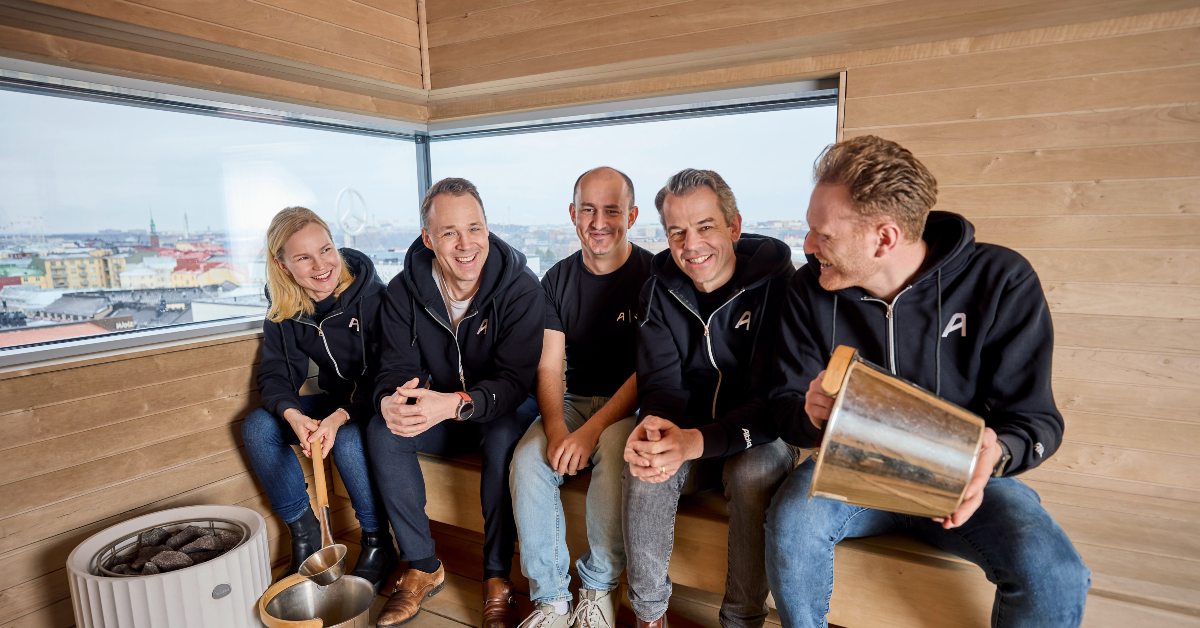
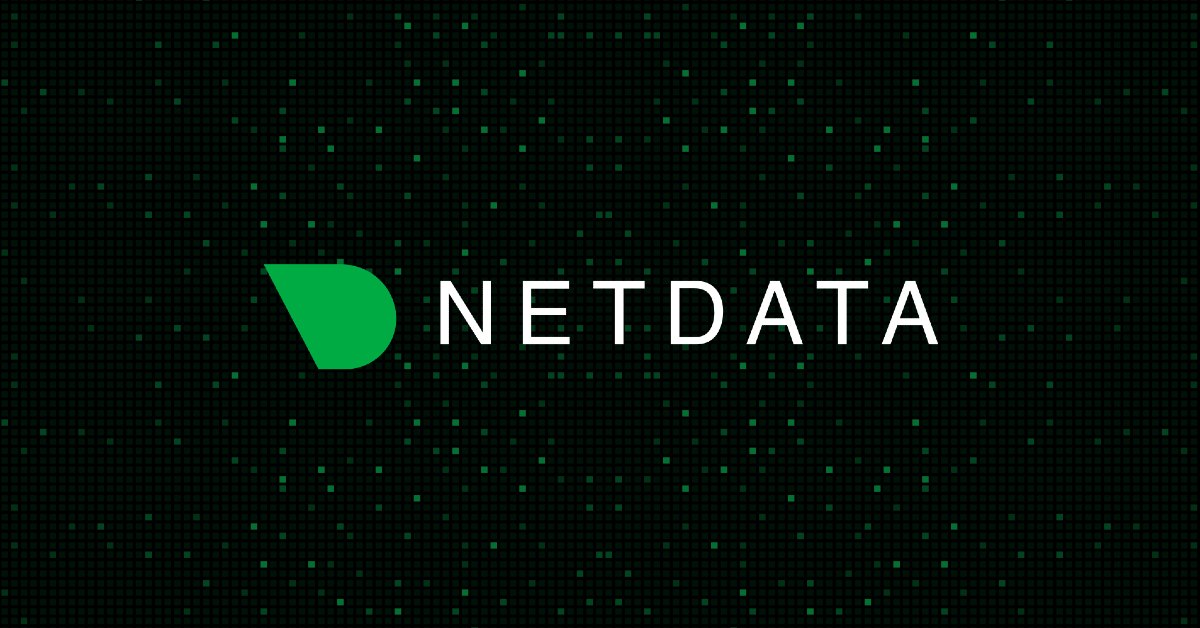
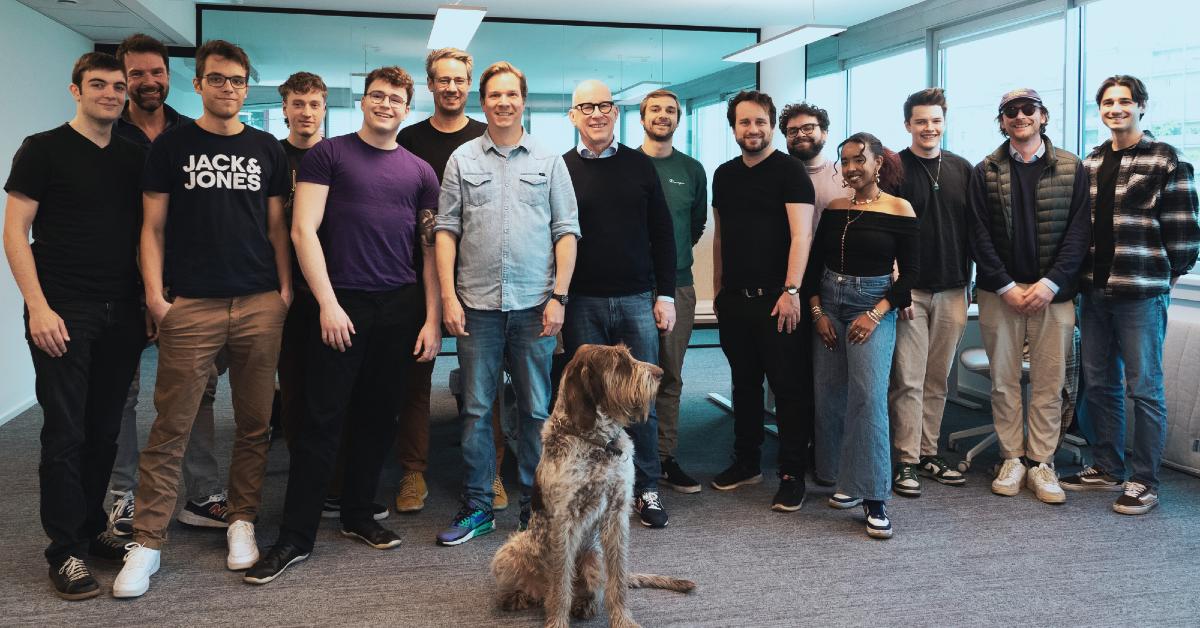
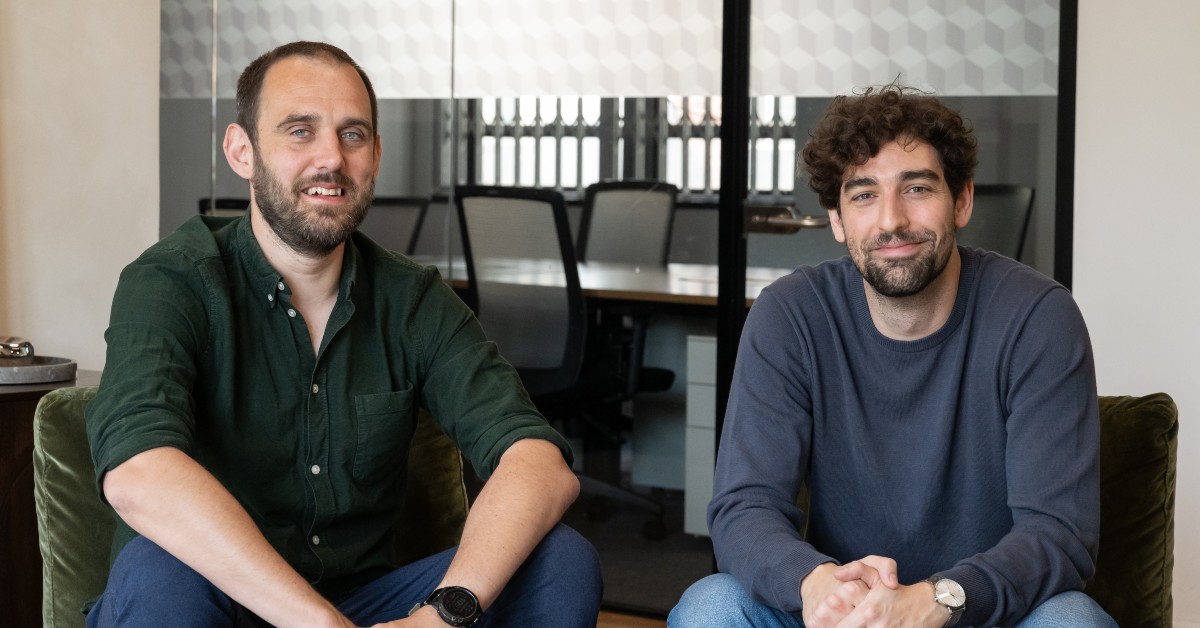
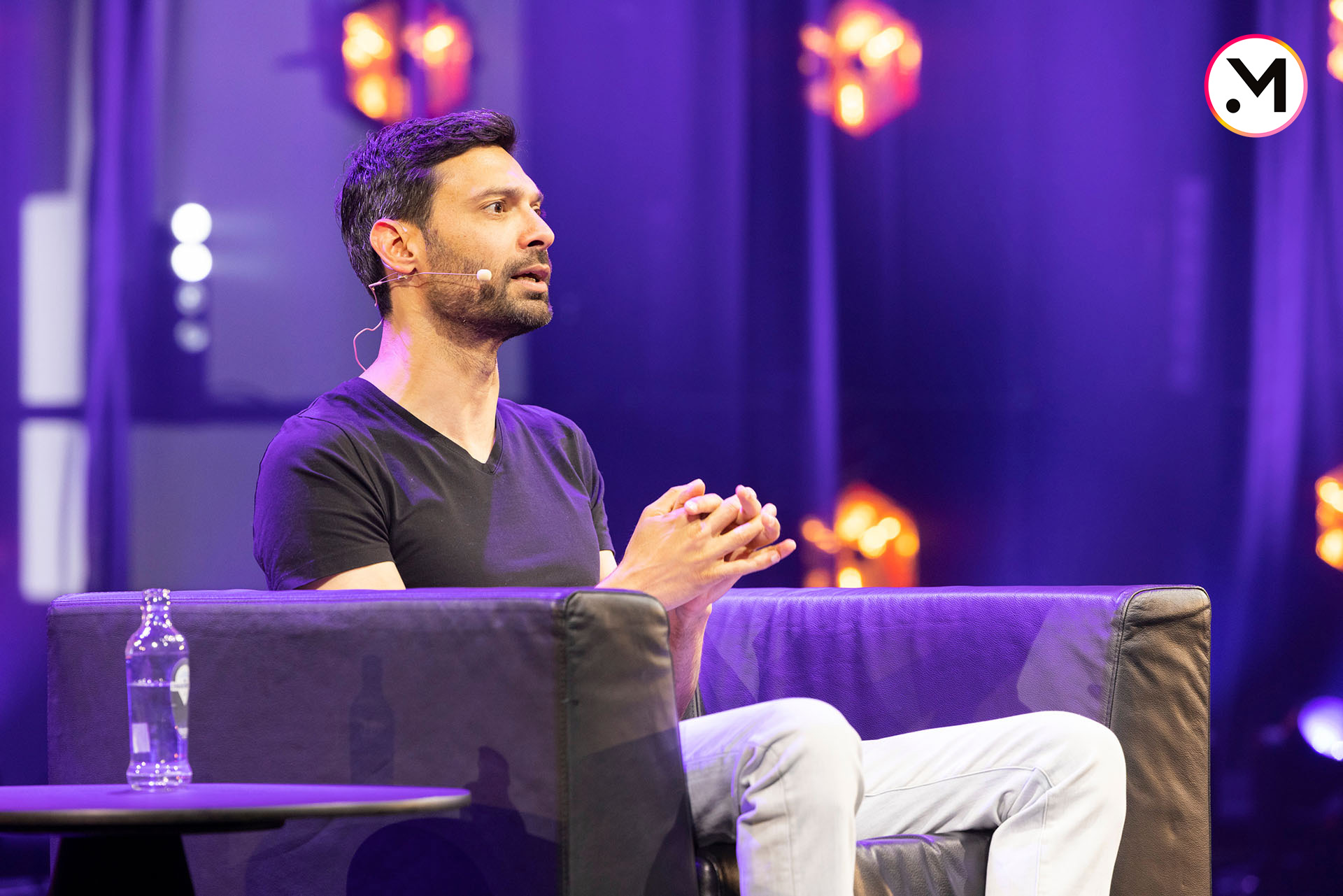
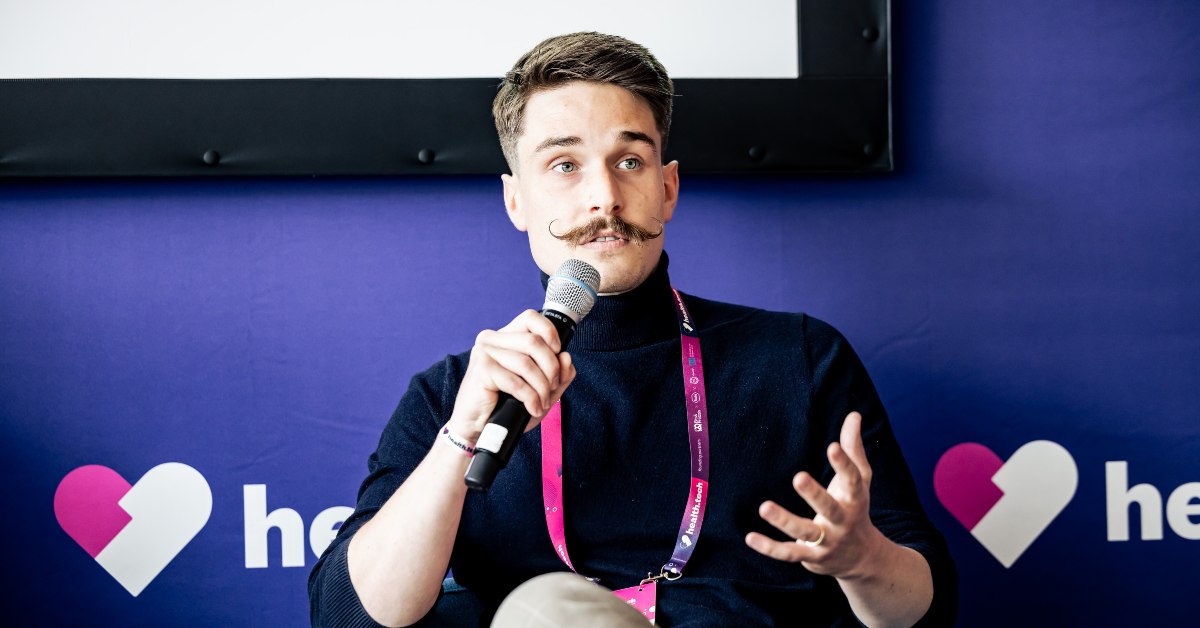

01
These are the top UK-based PR agencies for startups and scale-ups in 2025